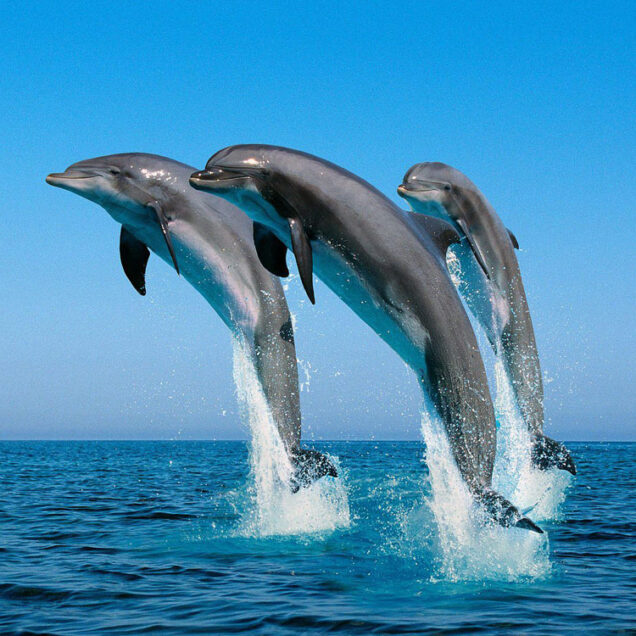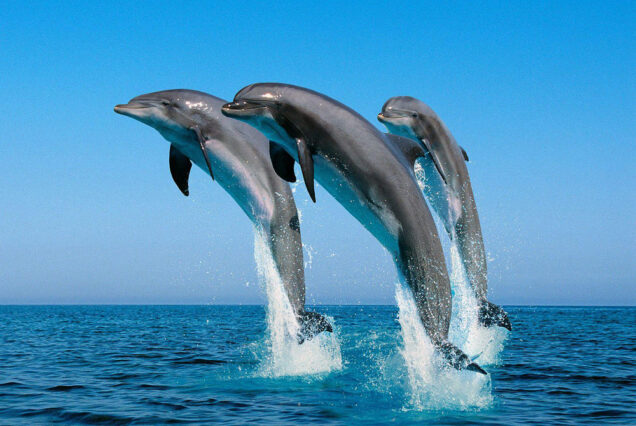Explore the Beauty of Kisite-Mpunguti Marine National Park: A Marine Paradise in Kenya
Welcome to the enchanting world of Kisite-Mpunguti Marine National Park, a marine haven nestled along the Kenyan coastline. Discover the unparalleled beauty of this protected area, where pristine coral reefs, diverse marine species, and azure waters converge to create an unforgettable experience for nature enthusiasts and adventure seekers alike.
This superb marine park is the Masai Mara of the sea – incredible natural formations, colorful habitats and limitless sea life. The Kisite Mpunguti is a protected sanctuary of coral reefs and small islands, home to dolphins, turtles, innumerable fish and sea birds. The sea life is so lush here that you can expect to see curious dolphins leaping alongside your boat. Enjoy some of the rewarding snorkeling and diving anywhere. The warm, crystalline waters and rainbow coral reefs are a year-round invitation to partake of this outstanding reserve. Not far from the coastal city of Mombasa, and closer still to Diani beach, visitors can take a dhow cruise to explore the reefs, the islands and the aquatic life of this vibrant reserve. Created as a marine wilderness to protect the coral gardens and four neighboring islands, the reserve is home to over 45 types of coral and 360 fish species such as grouper, pufferfish, blue-lined snapper, butterfly fish, triggerfish, plus moray eel, turtle and dolphin.




